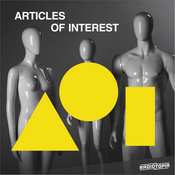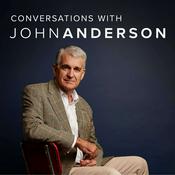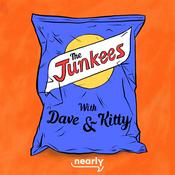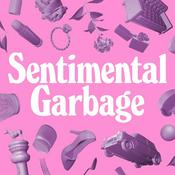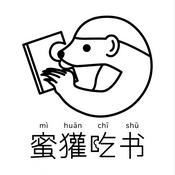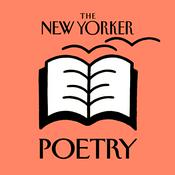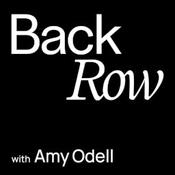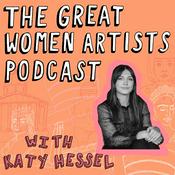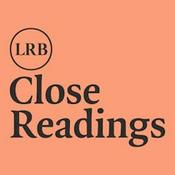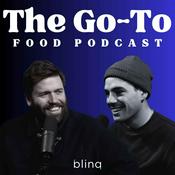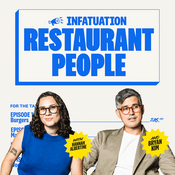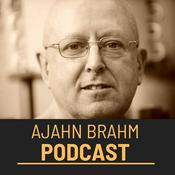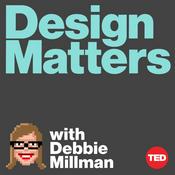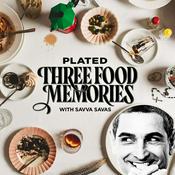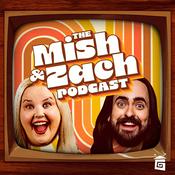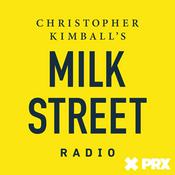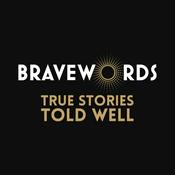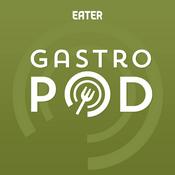14 episodes

SEAWEED
05/03/2025 | 30 mins.
When you skip by seaweed on the beach or crunch into nori wrapped sushi rolls, you're interacting with something that also exists as billion-year-old fossils. In Australia, palawa people have crafted bull kelp water carriers for millennia, and from Ireland to Japan, seaweed’s been a culinary ingredient, a cough remedy and a way to pay taxes. Nowadays, this versatile alga gets shaped into sushi rolls, musical instruments, plastic alternatives, and could be a powerful tool in combating climate change. This episode features co-founder of South Coast Seaweed, Sarah Thomas; food writer, photographer and award-winning author, Emiko Davies; composer, instrumentalist and composer, Yyan Ng; performer and marine scientist, Emily Sheppard; and marine ecologist and founder of Venus Shell Systems and PhycoHealth, Dr Pia Winberg. A special thanks to 100 Climate Conversations; the National Film and Sound Archive; the Tasmanian Archives; and Uluu. Listen to Dr Pia Winberg on 100 Climate Conversations here. This episode was inspired by items from the Powerhouse Collection, such as a 19th century tin of Irish moss and 1879 bottled nori from Japan. Culinary Archive Podcast is a Powerhouse series hosted by Lee Tran Lam. Listen to season 1 on Apple Podcasts, Spotify or YouTube. Image: Alana Dimou

WINE
26/02/2025 | 32 mins.
Australians have been raising our glasses for a long time. Our vintages have been winning international prizes since 1822 and there's currently a $2 billion worldwide thirst for our wine. Australian innovations like the goon bag and screw-cap wines have made drinking more user friendly, though, and wine has since become a creative showcase for art and culture. This episode features co-founder of Unico Zelo, Brendan Carter; co-founder of Mt Yengo Wines, Gary Green (Gamilaraay Githabul); director, co-founder and co-owner of Munda Wines, Pauly Vandenbergh (Wirangu Kokatha); and sommelier, writer and host of Over a Glass, Shanteh Wale. A special thanks to the National Film and Sound Archive; the Tasmanian Archives; and Treasury Wine Estates. This episode was inspired by items from the Powerhouse Collection, such as Angove boxed wine, a champagne-toasting hat, and a Chinese bronze wine vessel. Culinary Archive Podcast is a Powerhouse series hosted by Lee Tran Lam. Listen to season 1 on Apple Podcasts, Spotify or YouTube. Image: Alana Dimou

MUSHROOMS
19/02/2025 | 33 mins.
Onion stalk, parasol, bleeding fairy helmet, lawyer's wig, chicken of the woods, native bread and velvet shank are some of the mushrooms you'll find in Australia. Some taste a lot better than others and have been championed as a sustainable alternative to meat. Across the world, growing mushrooms has helped disenfranchised people gain economic independence. This episode features food, travel and cheese judge, Mike Butler; co-founder and chief science officer of Fable, Jim Fuller; and farmer, educator and founder of The Future of Hope Foundation, Chido Govera. A special thanks to the Australian Mushroom Growers Association; the National Film and Sound Archive; and the Tasmanian Archives. This episode was inspired by items from the Powerhouse Collection, including a glass plate negative of the Hawkesbury bridge; a model of stink horn fungus; and a mushroom shaped decanter topper. Culinary Archive Podcast is a Powerhouse series hosted by Lee Tran Lam. Listen to season 1 on Apple Podcasts, Spotify or YouTube. Image: Alana Dimou

HONEY
12/02/2025 | 32 mins.
Australia is home to one of the world’s oldest honey cultures. For thousands of years, Indigenous people have harvested honey from sugarbag bees and honey ants which inspired kids TV and Japanese comic books. Australia’s native sweeteners probably predate the honey found in Egyptian tombs, which still proved edible 3000 years after it was buried. Contemporary Australians have found multiple uses for honey, whether in our food, on our skin or in our hair. This episode features food, travel and cheese judge, Mike Butler; beekeeper and founder of Honey Fingers, Nic Dowse; and co-founder of Walaja Broome Bush Honey, Dianne Appleby (Yawuru). A special thanks to Barnes Naturals; Imparja Television; the National Film and Sound Archive; and the Tasmanian Archives. This episode was inspired by items from the Powerhouse Collection, such as a 1931 beehive, Martin Boyd Pottery honey jar and handwritten ‘Lemon Honey’ recipe. Culinary Archive Podcast is a Powerhouse series hosted by Lee Tran Lam. Listen to season 1 on Apple Podcasts, Spotify or YouTube. Image: Alana Dimou

EEL
05/02/2025 | 30 mins.
There's an eel known as a living fossil because it resembles its dinosaur-era ancestors. And the Budj Bim eel traps, at least 6600 years old, confirmed that First Nations people have been catching eels for millennia. In medieval England, these fish were used to pay the rent and today, Australians have even turned them into musical instruments and glass art. This episode features historian and curator, Dr Jacqui Newling; chef and co-owner of Porcine Bistro and founder of Smoketrap Eels, Nik Hill; food writer, photographer and award-winning author, Emiko Davies; composer, performer and marine scientist, Emily Sheppard; and glass artist, Jennifer Kemarre Martiniello OAM (Arrernte). A special thanks to the National Film and Sound Archive; the Tasmanian Archives; and the University of Melbourne. This episode was inspired by items from the Powerhouse Collection, such as Jennifer's glass eel traps, Japanese fabric featuring eels and a 19th century image of fishermen showing off their eel catch. Culinary Archive Podcast is a Powerhouse series hosted by Lee Tran Lam. Listen to season 1 on Apple Podcasts, Spotify or YouTube. Image: Alana Dimou
More Arts podcasts
Trending Arts podcasts
About CULINARY ARCHIVE PODCAST
Listen to CULINARY ARCHIVE PODCAST, Articles of Interest and many other podcasts from around the world with the radio.net app
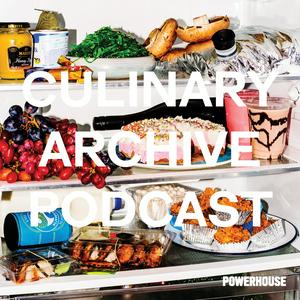
Get the free radio.net app
- Stations and podcasts to bookmark
- Stream via Wi-Fi or Bluetooth
- Supports Carplay & Android Auto
- Many other app features
Get the free radio.net app
- Stations and podcasts to bookmark
- Stream via Wi-Fi or Bluetooth
- Supports Carplay & Android Auto
- Many other app features


CULINARY ARCHIVE PODCAST
download the app,
start listening.
